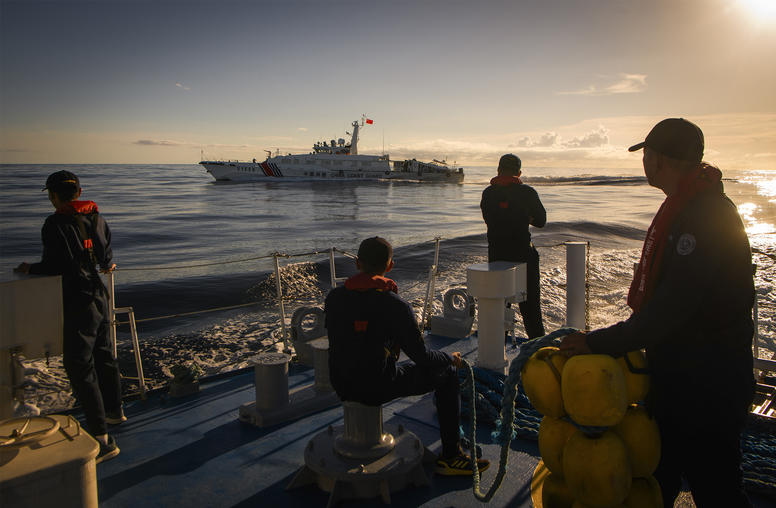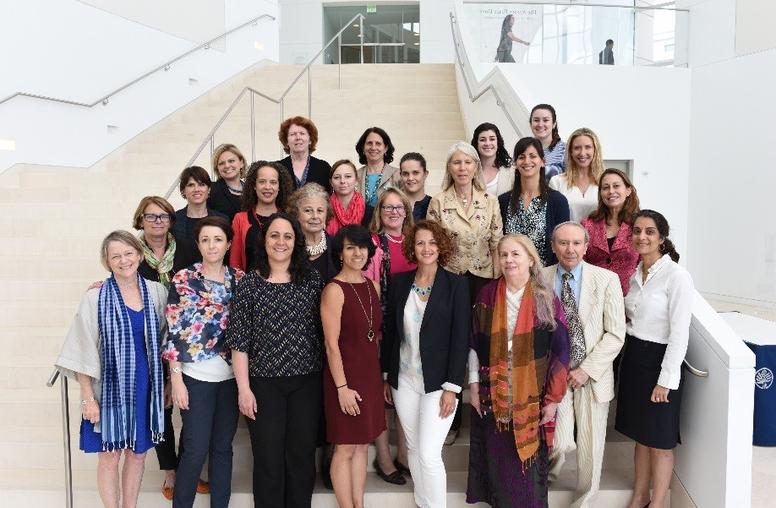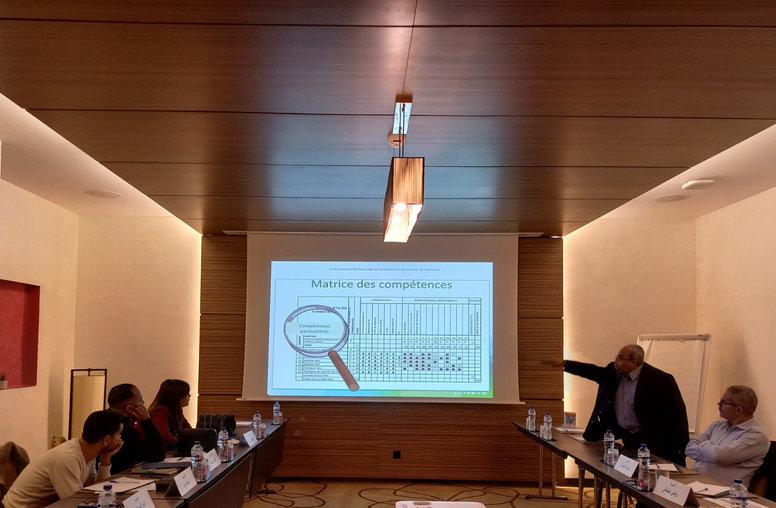 Justice, Security & Rule of Law
Justice, Security & Rule of Law
Peaceful, prosperous societies need people and institutions to be subject to law that is fairly applied. The U.S. Institute of Peace helps states and members of society work together to strengthen the rule of law, often through justice and security sector reforms. USIP develops innovative models to foster and shepherd sustainable and locally supported reforms, trains rule-of-law practitioners, conducts research and holds forums to share knowledge. The institute also supports programs such as Justice and Security Dialogues, which seek to build trust between civil society and officials from the justice and security sectors.
Featured Publications

Cartographie du chemin de la justice en Haïti : Leçons de la Colombie et du Guatemala
Le nouveau gouvernement intérimaire d'Haïti fait face à des défis immenses, mais aucun n'est aussi urgent que de briser l'emprise des gangs sur la capitale du pays, Port-au-Prince. La force seule ne suffira pas à apporter la paix, même avec l'arrivée de la mission multinationale de soutien à la sécurité dirigée par le Kenya, de taille modeste. Le pays a plutôt besoin de mécanismes créatifs et globaux impliquant toute la société — et non seulement l'ensemble du gouvernement — pour détourner les membres des gangs du crime et de la violence dans le cadre d'une stratégie globale de lutte contre les gangs.

Mapping Haiti’s Road Toward Justice: Lessons from Colombia and Guatemala
Haiti’s new interim government faces immense challenges, but none are as urgent as breaking the stranglehold that gangs have over the country’s capital, Port au Prince. Force alone will not bring peace, even with the arrival of the modestly-sized and Kenyan-led multinational security support mission. The country instead requires creative, whole-of-society — not just whole-of-government — mechanisms to divert gang members from crime and violence as part of a comprehensive counter-gang strategy.

Un travail ardu à venir : le gouvernement haïtien cherche à restaurer la sécurité avec le soutien international
De nombreux Haïtiens ont exprimé une sympathie sincère et un sentiment de perte partagé lorsque des gangs ont tué un couple de missionnaires américains, Davy et Natalie Lloyd, ainsi que Jude Montis, le directeur local de l'organisation Missions en Haïti où ils travaillaient. À la suite de quelques heures confuses d'attaques et de contre-attaques entre gangs rivaux le 23 mai, les fusillades tragiques et la brûlure ultérieure des corps masculins ont rapidement fait la une des journaux nationaux aux États-Unis, en partie en raison de la notoriété du couple — Natalie Lloyd est la fille du représentant de l'État du Missouri, Ben Baker, et la famille de Davy Lloyd est éminente en Oklahoma.
Current Projects

Tracking China’s Global Security Initiative
China’s ongoing push to change the international security order entered a new phase with the launch of the Global Security Initiative (GSI) in April 2022. The GSI promotes a set of distinct security concepts and principles — many of which reflect Beijing’s longstanding international normative preferences, such an emphasis on territorial sovereignty and noninterference. USIP is tracking how the GSI is being operationalized by China, with an initial focus on essay series examining China’s GSI activities in ASEAN and Central Asia.

U.S. Civil Society Working Group on Women, Peace & Security (U.S. CSWG)
The U.S. Civil Society Working Group on Women, Peace, and Security (U.S. CSWG) is a non-partisan network of civil society organizations with expertise on the impacts of women in war and their participation in peacebuilding. Established in 2010, the working group is an engaged coalition to promote the effective implementation of the U.S. National Action Plan on Women, Peace and Security.

Tunisia Security Sector Training Reform
Since 2016, USIP and the Tunisian Ministry of Interior have been working in close partnership to collaboratively build a robust public-service oriented policing model in alignment with democratic norms and national and international standards. As part of these endeavors, with support from the Bureau of International Narcotics and Law Enforcement Affairs, USIP and the Tunisian National Guard launched a three-phased initiative to reconceptualize their training system, reinvigorating ongoing efforts to improve operational capacity in the field while upholding core values of accountability, transparency and human dignity.